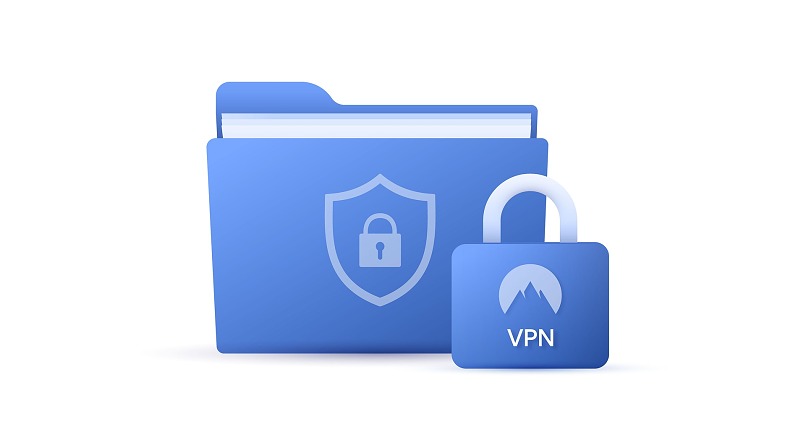France’s SREN Bill Could Ban VPNs From App Stores

In efforts to enhance online security and curb cyberbullying and explicit content, France’s proposed SREN Bill has raised concerns about the potential ban of VPNs from major app stores. On September 30th, lawmakers from the center-right Horizons political party introduced amendments to address security concerns related to VPN usage.
The SREN Bill, initially designed to combat scams and protect children from harmful online content, has taken a controversial turn. Lawmakers are alarmed that individuals could bypass the bill’s provisions by using VPNs to disguise their geographical location. To counter this, the proposed amendment seeks to ensure that mobile VPN applications available on app stores do not enable users to access internet networks outside the purview of French or European regulations.
However, preventing VPNs from connecting to servers located beyond the borders of Europe is a complex task, raising doubts about the feasibility of such a restriction.
Privacy experts have voiced their concerns regarding the bill, cautioning against the potential consequences of banning VPNs. VPNs are not merely tools to circumvent geographical restrictions; they serve as vital tools for safeguarding digital privacy and enabling unrestricted access to the internet. The move to restrict their availability raises questions about the impact on individual freedoms and digital privacy.
While the lawmakers acknowledge the technical difficulties associated with enforcing such a ban, they aim to raise awareness about the issue and hope to find effective, technical solutions.
VPNs are generally legal and widely used across the globe, with some exceptions in countries like China, North Korea, Iran, and Russia, where they are either outlawed or heavily regulated.
The SREN Bill, already approved by the upper house of France’s parliament, could have far-reaching implications for French internet users if adopted. Beyond concerns about VPNs, the bill also aims to compel browsers and DNS resolvers to block access to web pages, raising additional questions about online freedom and privacy.
While the aim is to enhance online safety, the potential consequences to digital privacy and internet freedom are significant. VPNs play a critical role in safeguarding individual rights and privacy. The evolution of this issue will undoubtedly be closely watched by privacy advocates and internet users worldwide.



Please, comment on how to improve this article. Your feedback matters!